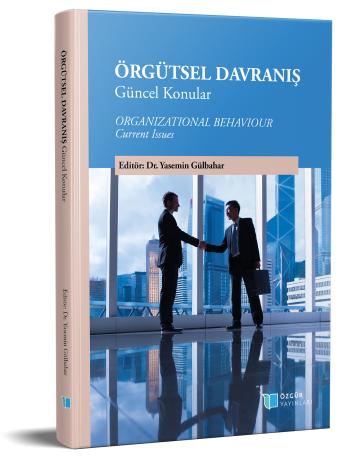
Güç ve Hubris Sendromu
Şu kitabın bölümü:
Gülbahar,
Y.
(ed.)
2023.
Örgütsel Davranış: Güncel Konular.
Özet
Güç, en yalın haliyle başkalarını etkileyerek amaçlara, hedeflere ve sonuçlara ulaşma becerisi olarak tanımlanmaktadır. Gücün aktif olarak kullanıldığı iş hayatında liderler ya da yöneticiler çalışanlarını etkileyerek örgütsel amaçlara ulaşmaya çalışırlar. Ancak bir lider ya da yönetici çok fazla güç elde ettiği zaman ve bu gücün etkisiyle aldığı kararları denetleyecek bir mekanizma olmadığı zaman gücü kötü yönde kullanarak örgüte ve topluma zarar verebilmektedir. Bir liderin fazla güç elde etmesi beraberinde bir takım sorunları da getirmektedir. Bu sorunlardan biri, çok fazla elde edilen gücün kullanımına bağlı olarak ortaya çıkan, gücün sarhoşluğu ya da güç zehirlenmesi sonucunda lideri kimseyi dinlemeyecek kararlar almaya iten “Hubris Sendromu”dur. Hubris Sendromu devlet yöneticilerinden işletme yöneticilerine kadar bütün lider ve yöneticilerde ortaya çıkabilecek bir kibir ve güç zehirlenmesidir. Ayrıca toplumları, ülkeleri, işletmeleri etkileyecek bir tehlike olarak görülmektedir. Hubris Sendromu’na yakalanan lider ya da yöneticiler çoğu zaman gücü kötüye kullanırlar, herkesten daha iyi olduklarına, kesinlikle yanılmaz ve yenilmez olduklarına inanırlar. Dolayısıyla da bu sendrom içerisinde hareket eden liderler beraberinde mantıksız karar verme, zayıf ilişkiler, etkisiz hale getirilen çalışanlar, örgütte performans düşüklüğü gibi bir takım olumsuz sonuçlar getirirler.

